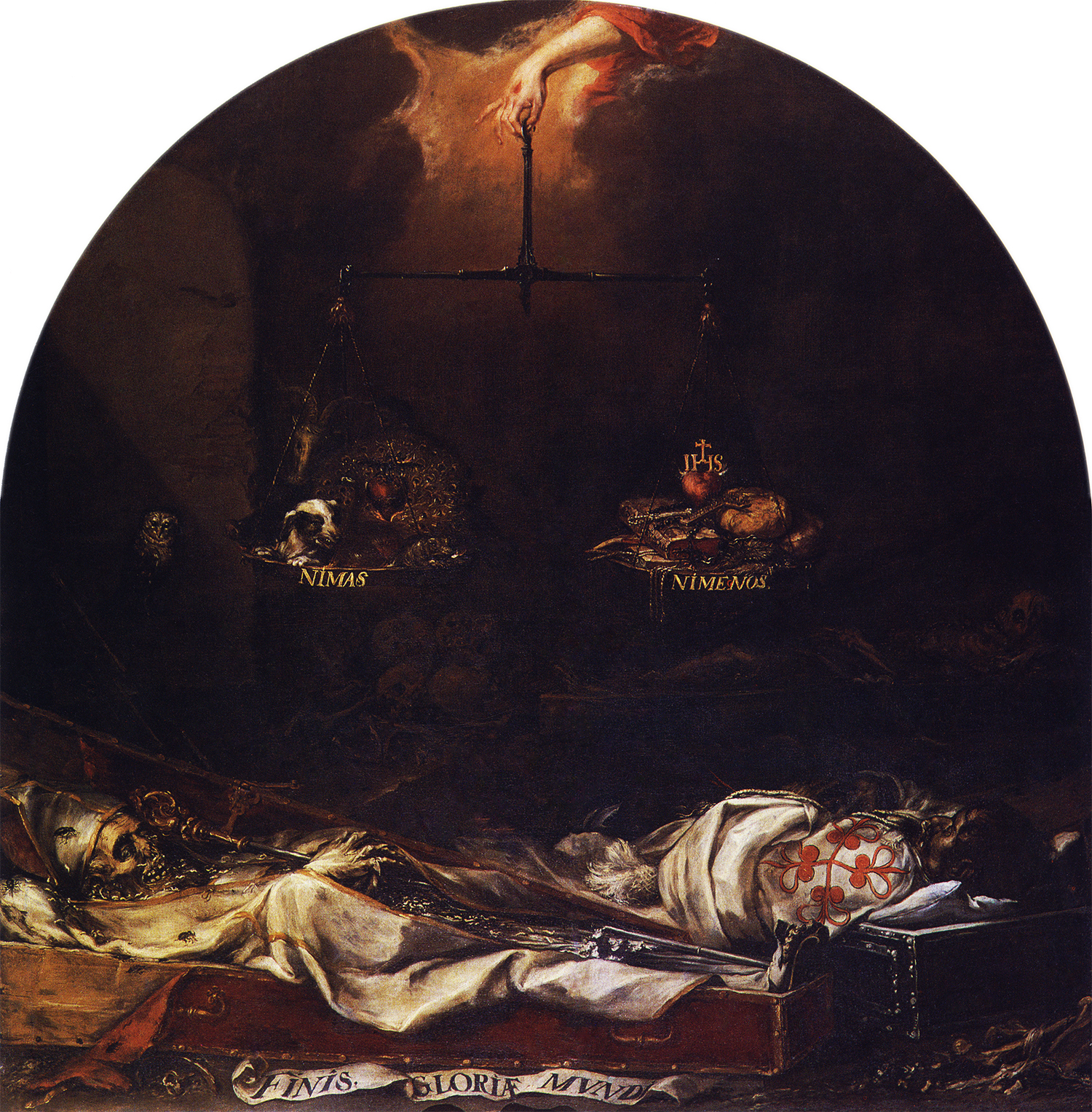|
Lieutenant Kijé
Lieutenant Kijé or Kizhe (russian: Пору́чик Киже́, translit. Poruchik Kizhe), originally Kizh (Киж), is a fictional character in an anecdote about the reign of Emperor Paul I of Russia, in which the cover up of a transcription error leads to the creation of a fictional soldier, Kijé, and his rise through the ranks. When Paul asks to meet the now renowned officer, the creators of the hoax are cornered into a final lie that the soldier has died in battle. The story was used as the basis of a novella by Yury Tynyanov published in 1928 and filmed in 1934 with music by Sergei Prokofiev. The plot is a satire on bureaucracy. Original version The first appearance of the anecdote is in Vladimir Dahl's "Stories of the time of Paul I" (russian: Рассказы о временах Павла I), a short piece published in the journal ''Russkaya Starina'' in 1870; he reported it as told by his father, Jochan Christian von Dahl (1764-1821). In this original version, ... [...More Info...] [...Related Items...] OR: [Wikipedia] [Google] [Baidu] |
Tuttle (M*A*S*H)
"Tuttle" is an episode from the television series ''M*A*S*H''. It was the 15th episode broadcast and aired on January 14, 1973. It was written by Bruce Shelly and David Ketchum and directed by William Wiard. This episode was nominated for a Writers Guild Award. Guest cast is Dennis Fimple as Sergeant "Sparky" Pryor, Mary-Robin Redd as Sister Theresa, Herb Voland as Brigadier General Crandell Clayton, and James Sikking as a finance officer. Overview To create a way of diverting camp supplies to the local orphanage, Hawkeye and Trapper invent the fictional Captain Tuttle (based on Hawkeye's imaginary friend from childhood). With Radar's help, the doctors add more layers to their creation (such as a fake personnel file), and the deception slowly grows until nearly everyone at the 4077th believes Tuttle is a real person. The situation ultimately climaxes when they obtain Tuttle's back pay—fourteen months' worth—and donate it and Tuttle's future pay to the orphanage. However, m ... [...More Info...] [...Related Items...] OR: [Wikipedia] [Google] [Baidu] |
Sic Transit Gloria Mundi
''Sic transit gloria mundi'' is a Latin phrase that means "Thus passes the glory of the world." Origin The phrase was used in the ritual of papal coronation ceremonies between 1409 (when it was used at the coronation of Alexander V) and 1963. As the newly chosen pope proceeded from the sacristy of St. Peter's Basilica in his sedia gestatoria, the procession stopped three times. On each occasion, a papal master of ceremonies would fall to his knees before the pope, holding a silver or brass reed, bearing a tow of smoldering flax. For three times in succession, as the cloth burned away, he would say in a loud and mournful voice, "''Pater Sancte, sic transit gloria mundi''!" ("Holy Father, so passes worldly glory!"). These words, thus addressed to the pope, served as a reminder of the transitory nature of life and earthly honours. A form of the phrase appeared in Thomas à Kempis's 1418 work ''The Imitation of Christ'': "'" ("How quickly the glory of the world passes away"). In ... [...More Info...] [...Related Items...] OR: [Wikipedia] [Google] [Baidu] |
Satirical Works
Satire is a genre of the visual, literary, and performing arts, usually in the form of fiction and less frequently non-fiction, in which vices, follies, abuses, and shortcomings are held up to ridicule, often with the intent of shaming or exposing the perceived flaws of individuals, corporations, government, or society itself into improvement. Although satire is usually meant to be humorous, its greater purpose is often constructive social criticism, using wit to draw attention to both particular and wider issues in society. A feature of satire is strong irony or sarcasm —"in satire, irony is militant", according to literary critic Northrop Frye— but parody, burlesque, exaggeration, juxtaposition, comparison, analogy, and double entendre are all frequently used in satirical speech and writing. This "militant" irony or sarcasm often professes to approve of (or at least accept as natural) the very things the satirist wishes to question. Satire is found in many artistic ... [...More Info...] [...Related Items...] OR: [Wikipedia] [Google] [Baidu] |
Soviet Novellas
The Soviet Union,. officially the Union of Soviet Socialist Republics. (USSR),. was a transcontinental country that spanned much of Eurasia from 1922 to 1991. A flagship communist state, it was nominally a federal union of fifteen national republics; in practice, both its government and its economy were highly centralized until its final years. It was a one-party state governed by the Communist Party of the Soviet Union, with the city of Moscow serving as its capital as well as that of its largest and most populous republic: the Russian SFSR. Other major cities included Leningrad (Russian SFSR), Kiev (Ukrainian SSR), Minsk (Byelorussian SSR), Tashkent ( Uzbek SSR), Alma-Ata ( Kazakh SSR), and Novosibirsk (Russian SFSR). It was the largest country in the world, covering over and spanning eleven time zones. The country's roots lay in the October Revolution of 1917, when the Bolsheviks, under the leadership of Vladimir Lenin, overthrew the Russian Provisional Government ... [...More Info...] [...Related Items...] OR: [Wikipedia] [Google] [Baidu] |


